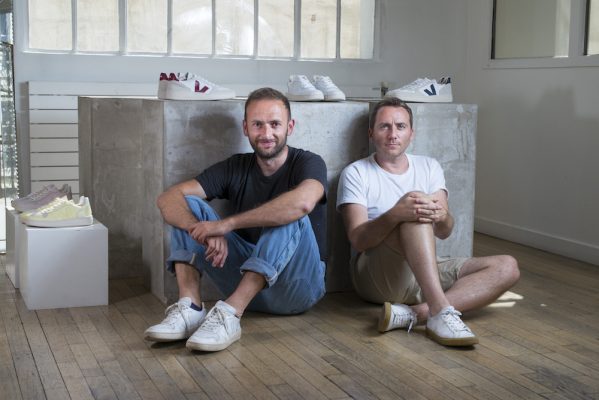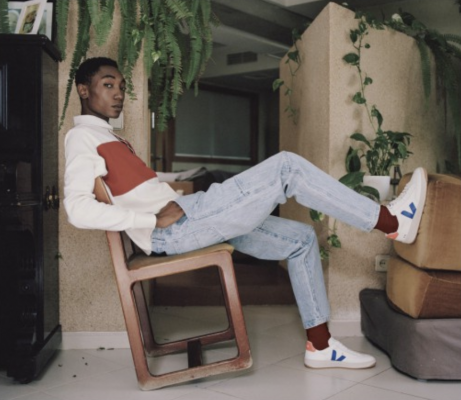By Jordan Massa
François-Ghislain Morillion and Sébastien Kopp worked in finance before shifting to study companies’ corporate social responsibility policies around the world. In 2003, they were hired to perform a social audit of a French fashion brand’s Chinese garment factory. They were disturbed and embarrassed to find that the clothes they had previously bought were manufactured by 32 workers who lived stacked in bunk beds in a 270 square foot room. In the center of the floor, a hole served as a simultaneous toilet and shower.
China is the world’s largest exporter of garments, followed by Bangladesh. American and European “fast fashion” companies manufacture overseas where employees are paid poverty wages under harsh safety violations, including child labor. Consider the 2013 Rana Plaza factory collapse in Bangladesh that caused over a thousand deaths and two thousand more injuries. Employees evacuated when building cracks were discovered and were forced to return shortly before the collapse. A government-appointed wage board voted a few months later to raise the minimum wage from 16 cents to 32 cents an hour, one-fifth of a living wage, for laborers at the core of “ready-made garments” worth $30 billion1.

Morillion and Kopp continued with CSR studies that brought alarming observations. They later audited AlterEco, the first fair-trade brand in France, producing orange juice, tea, rice, coffee and chocolate directly with farmer cooperatives. Influenced by these practices, they founded VEJA in 2004, a sneaker brand to serve as a sustainable alternative to mainstream fashion companies.
Why sneakers? According to their research, 70% of the purchase price of a big brand pair of sneakers pays for advertising and 30% for raw materials and production. The pair decided that, by cutting advertising, they could invest in production and workers’ quality of life while maintaining a retail price that would compete with established brands.

To design a supply chain that invested in environmental and economic justice, Morillion and Kopp traveled to several areas in Brazil. They spent time with the Seringueiro people of the Amazon Rainforest who traditionally harvest wild tree rubber. To date, VEJA has bought 200 tons of rubber from the community at 2x the market rate. On the Atlantic Coast, they met a small cooperative of 35 organic cotton producers supported by a local NGO. They developed a three-year contract, creating security for farmers whose profits were now guaranteed before planting a bed of seeds.
In Porto Alegre, Southern Brazil, they contracted an established sneaker factory for VEJA manufacturing where employees worked fair hours and were 82% unionized. Lastly, they partnered with a social reintegration organization in the suburbs of Paris to handle logistics of storage, shipping, and filling online orders.
Since launching, VEJA has created a fabric called “B-MESH” made entirely from plastic bottles picked up in the streets of São Paulo and Rio de Janeiro. They made a conscious decision to bank with corporations that don’t store funds in tax havens, and they source power from Enercoop, the only French electric utility company that runs on a cooperative of small producers of renewable energy.
VEJA has 100 employees and sells in fifty countries, online and through 1,800 retail distributors. Its 2017 revenue was $21 million2 and has sold three million sneakers to date. A pair of shoes produced in its supply chain costs 5-7x that of a large retail brand.
An interesting quality is that Morillion and Kopp are open about any and all mistakes they’ve made along the way. VEJA is named after the Portuguese word for “look” as a reference to their mission of full transparency.


